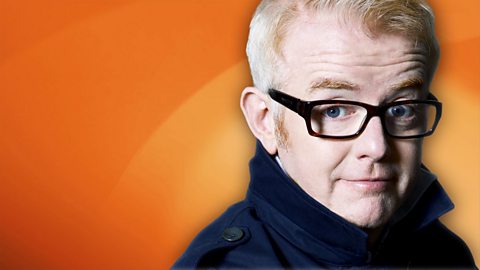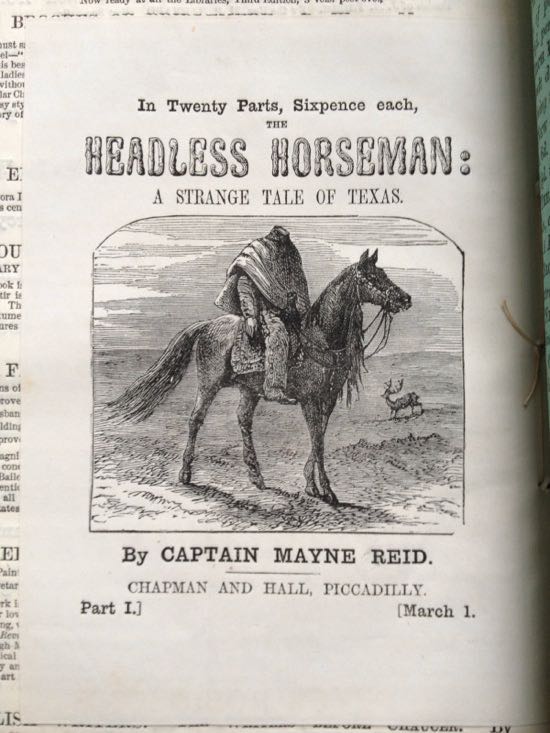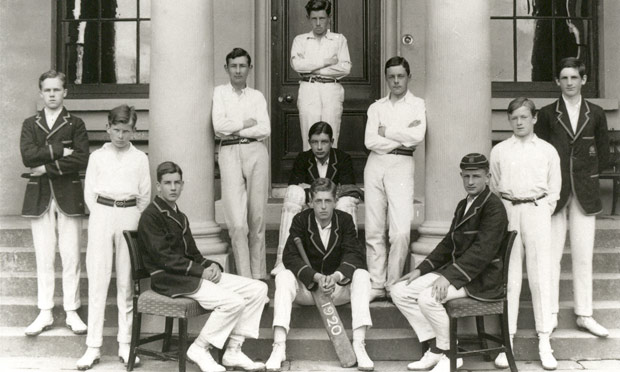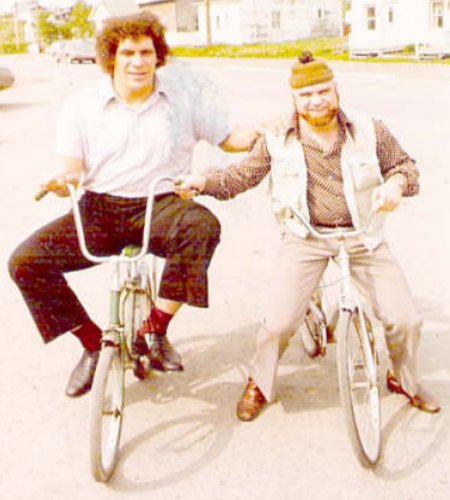* He hasn't gone away, you know. And I realise we should just ignore the F**ker but it's hard to, when Amazon drive a dump-truck up to his house and unload a pile of money.
And the Other Two would do so if he told them to.
So here's my calm, considered argument as to why Jeremy Clarkson is a Non-Racist Who Sucks Donkey Balls. Thank you for feeling my pain. (And apologies for the Wonky Donkey Lay-Out)
****************************************************************************
 |
| Jeremy Clarkson |
* Imagine this. One of the highest-profile, best paid and (apparently best loved) personalities on American TV comes back to their hotel after a day's shooting, finds he can't get a steak and proceeds to punch a subordinate in the face, while calling them a "lazy black c**t".
How long, exactly, would that fictional TV presenter's career last after that moment?
Can you imagine the media-storm, the pressure on President Obama to weigh-in, the howls of opprobrium from the liberal media (and the cries of "witch-hunt" from Fox News)?
Do you think the African-American subordinate in question would come under a lot of pressure to laugh it off as "just a bit of banter" or would have major media figures (and friends and colleagues of the presenter) lining up to say "it's not really racist" or "we know X and he's just not that type of guy - he must have been a bit tired, is all".
He would be out on his ass in 24-hours. And Amazon or Netflix sure as hell wouldn't be banging on his door to give him a multi-million pound contract.
So what's different in Jeremy Clarkson's case? We know the facts - he rolled home to his hotel from a strenuous day of pulling faces and making lame jokes about cars to find he didn't have a hot steak waiting. So he took out his anger on a young Irish subordinate, Oisin Tymon, punched him and called him a "lazy Irish c**t".
Now - replace "Irish" with "Black" (or worse), or "Paki" or ...well you get the idea.
Clarkson did this and almost got away with it. He almost kept his high-profile, highly-paid job in mainstream broadcasting because, well, because it's not really racist if it's a white Irish guy, and Jezza's a bit mad like that, and he's built a brand by "saying the things other TV personalities won't say" and sure it was just banter and that nice Hamster Hammond thinks he's a great guy... and on and on and on.
 |
| A Donkey |
"Nobody is waved through any more", he wrote in The Sun.
"The result is plain for all to see. There’s a two-hour wait. And the problem is: the only possible solution is to introduce a bit of racism."
He added: "Nobody likes a racist. Nobody likes prejudice. It has no place at work, at play, or in government. But at Heathrow airport? Hmmm."
And of course, Clarkson generates money. A LOT of money. For himself and his employers. Seems a lot of people are willing to pay to see a guy say the things some/all of us might occasionally be guilty of thinking but cannot say out loud and hope to hang onto our jobs/respect of other people.
So will his new Amazon venture work? I think not. For a number of reasons. Including;
 * Top Gear was fabulously well-resourced, a behemoth of behind the scenes talent and money. Will Amazon be able to replicate that? Can they afford to send multiple camera crews to Tibet or wherever for two weeks to film the trademark stunts and specials? Can they find (and pay) the talent to make it happen?
* Top Gear was fabulously well-resourced, a behemoth of behind the scenes talent and money. Will Amazon be able to replicate that? Can they afford to send multiple camera crews to Tibet or wherever for two weeks to film the trademark stunts and specials? Can they find (and pay) the talent to make it happen?
* Top Gear is a brand - A brand which is owned by the BBC - Clarkson and Co will not be able to use it, so from the very start, what they do will be a shadow of that brand - an imitation... "High Octane", "Turbo Charge" or "Glop Tear".
* Top Gear was/is that increasingly rare thing on mainstream TV - Appointment-To-View, Sunday Night Telly - so will it feel the same when you can download (from Amazon's bizarrely user-unfriendly VOD site) and binge-watch?
* Top Gear Appealed to 30-something and up demographic - they have proved to be pretty resistant to Video-On-Demand. Yes, they will pay for HUGE dramas like House of Cards or Orange Is The New Black - but that's drama - which follows a definite arc and makes you come back for more. Not three guys randomly messing about with cars.
* There will still be a real Top Gear - with Chris Evans - who offers the attraction of being just as annoying as Clarkson when he puts his mind to it (actually, Evans is a real petrol-head and I think he could do a great job - he has the right personality and skill-set. And if rumours of Jenson Button joining him are true - that's your hard-core, younger petrol-head demo right there).
So maybe it will work, maybe it won't. But you wonder about the ethical and moral fibre of Amazon - and if they would pay the same money to employ our fictional US host, the fictional asshole I imagined at the start of this rant.
* HEY! Thanks for reading.








